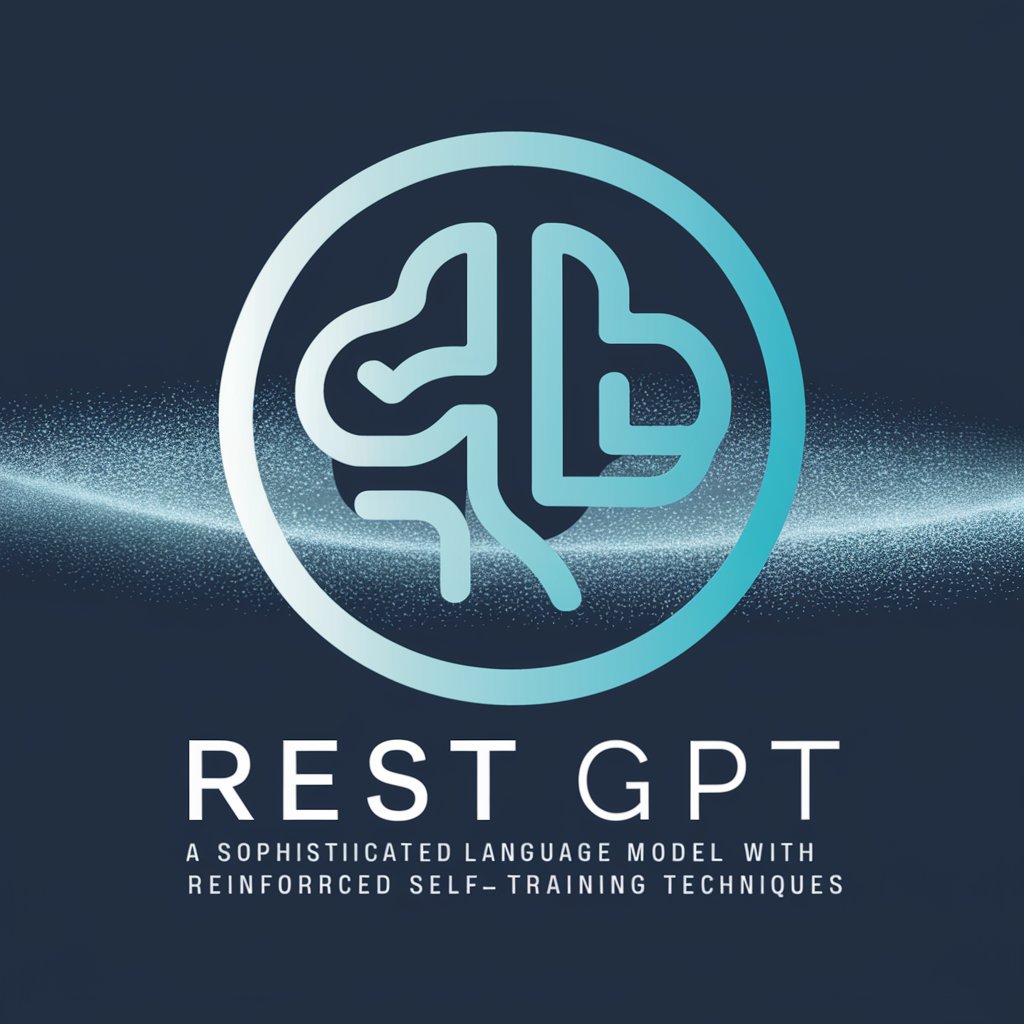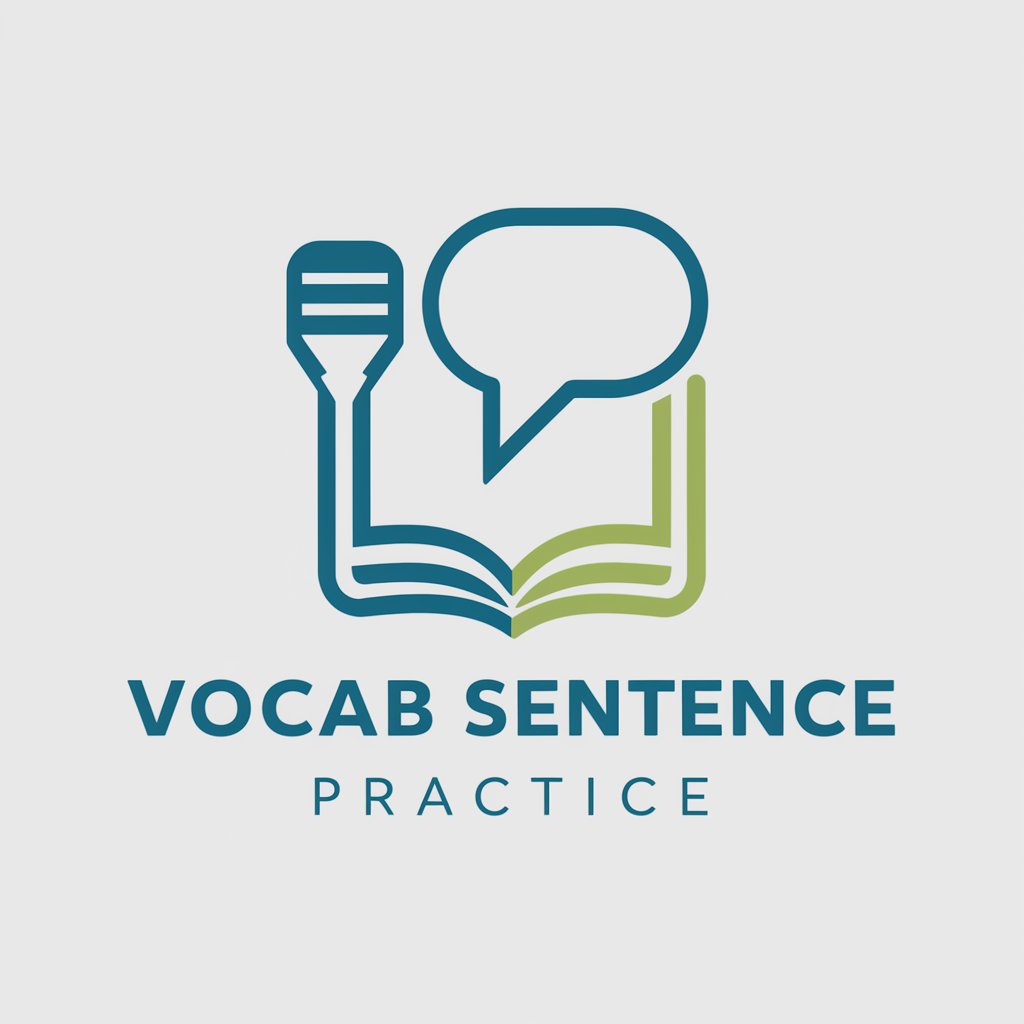
PostgreSQL Helper - Expert PostgreSQL Assistance

Welcome to PostgreSQL Helper, your guide to mastering PostgreSQL.
AI-Powered PostgreSQL Expertise at Your Fingertips
How do I optimize a PostgreSQL query that involves multiple joins?
What are the best practices for setting up a PostgreSQL database in a production environment?
Can you explain the differences between physical and logical replication in PostgreSQL?
What are some common performance issues in PostgreSQL and how can they be addressed?
Get Embed Code
Overview of PostgreSQL Helper
PostgreSQL Helper is a specialized AI tool designed to provide expert guidance and assistance specifically related to PostgreSQL, a powerful, open-source object-relational database system. My design purpose revolves around leveraging the comprehensive knowledge from official PostgreSQL documentation and an introductory book on PostgreSQL, ensuring that the responses are accurate, detailed, and up-to-date with current PostgreSQL standards and practices. I am adept at offering strategies for problem-solving, advising on performance optimization, explaining key concepts, and discussing best practices in database management. My advice caters to users at all levels of expertise, from beginners to advanced database administrators. Powered by ChatGPT-4o。

Key Functions of PostgreSQL Helper
Problem-Solving Strategies
Example
If a user encounters a specific error message while using PostgreSQL, I can provide a step-by-step guide to diagnose and resolve the issue.
Scenario
A user is facing a 'relation does not exist' error. I would explain the cause (e.g., schema not being in the search path) and suggest solutions like verifying the schema or modifying the search path.
Performance Optimization Advice
Example
I can recommend strategies for query optimization or database configuration adjustments to enhance performance.
Scenario
A user struggles with slow query performance. I would suggest techniques such as indexing, query rewriting, or tuning PostgreSQL configuration parameters like 'work_mem' and 'shared_buffers'.
Explaining Key Concepts
Example
I provide detailed explanations of PostgreSQL concepts, such as MVCC (Multi-Version Concurrency Control), to enhance user understanding.
Scenario
A new user is curious about how PostgreSQL handles concurrent transactions. I would explain the role of MVCC in ensuring data consistency and isolation in a multi-user environment.
Best Practices in Database Management
Example
I offer guidance on best practices for database backup, security, and maintenance.
Scenario
A database administrator is planning a backup strategy. I would outline best practices like regular backups, testing restore procedures, and using tools like 'pg_dump' and 'pg_basebackup'.
Ideal Users of PostgreSQL Helper Services
Database Administrators
Professionals managing PostgreSQL databases who require advanced guidance on optimization, maintenance, and troubleshooting. They benefit from my detailed knowledge on performance tuning, error resolution, and best practices.
Developers
Software developers working with PostgreSQL in their applications. They can utilize my expertise for designing efficient database schemas, writing optimized queries, and understanding PostgreSQL's features and capabilities.
Beginners in Database Management
Individuals new to PostgreSQL or database management in general. They benefit from my ability to explain complex concepts in an accessible manner and provide step-by-step guides for basic operations and common issues.
Academic Researchers
Researchers requiring a database system for their projects. They can leverage my insights for database design, query optimization, and ensuring data integrity and security in their research databases.

Guidelines for Using PostgreSQL Helper
Initial Access
Visit yeschat.ai to explore PostgreSQL Helper through a free trial, with no requirement for login or ChatGPT Plus subscription.
Understanding PostgreSQL Basics
Before using PostgreSQL Helper, familiarize yourself with basic PostgreSQL concepts. This foundational knowledge will enhance your interaction with the tool.
Formulating Queries
Pose specific, detailed PostgreSQL-related questions. Be clear and concise to receive the most accurate and helpful responses.
Utilizing Advanced Features
Explore advanced PostgreSQL functionalities like performance optimization, database management strategies, and problem-solving techniques.
Continuous Learning
Regularly use PostgreSQL Helper to stay updated on the latest PostgreSQL standards and practices, and to deepen your understanding over time.
Try other advanced and practical GPTs
الهجرة الى امريكا
Navigating U.S. Immigration with AI

Pantry Chef
Transform Ingredients into Culinary Adventures

Facebot
Optimize Your Facebook Page with AI

Business GPT
Empowering Entrepreneurs with AI-Driven Strategy

Cannabis Delivery Customer Experience Enhancer
Elevating Cannabis Delivery with AI

Canterbury Tales Reimagined
Reimagining Chaucer with AI Power

Diversity Enhancer
AI-powered Diversity Amplifier

How to Win Friends Like Dale Carnegie
Empowering Communication, Inspired by Dale Carnegie

ReST GPT
Empowering Creativity with AI

Time Travel Adventure Guide
Journey Through Decades with AI

Make An Essay
Crafting Essays with AI Precision

Vocab Sentence Practice
Master Vocabulary with AI-Powered Practice

Frequently Asked Questions about PostgreSQL Helper
What types of PostgreSQL queries can I ask PostgreSQL Helper?
You can ask a wide range of queries including those related to database design, query optimization, troubleshooting errors, understanding PostgreSQL functions, and best practices in database management.
How does PostgreSQL Helper stay updated with the latest PostgreSQL standards?
PostgreSQL Helper is regularly updated with the latest official PostgreSQL documentation and standards, ensuring the advice and information provided is current and accurate.
Can PostgreSQL Helper assist with performance optimization?
Yes, it can provide guidance on performance optimization techniques such as indexing, query tuning, and efficient database design.
Is PostgreSQL Helper suitable for beginners in database management?
Absolutely, PostgreSQL Helper is designed to assist users at all levels, offering clear explanations and guidance suitable for beginners.
How can PostgreSQL Helper assist in complex database troubleshooting?
It can help diagnose and resolve complex issues by providing step-by-step troubleshooting guidance, explanations of error messages, and recommendations for best practices.
